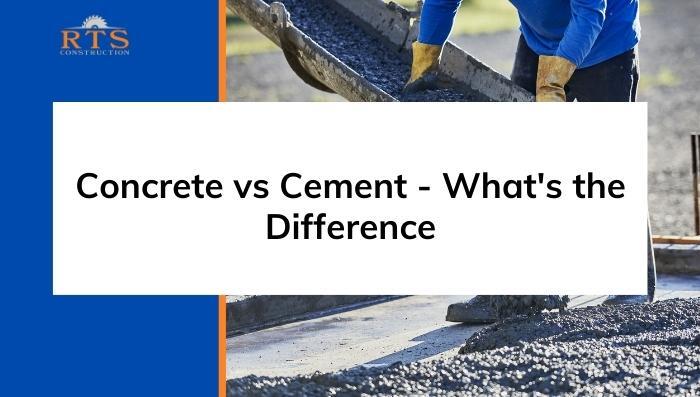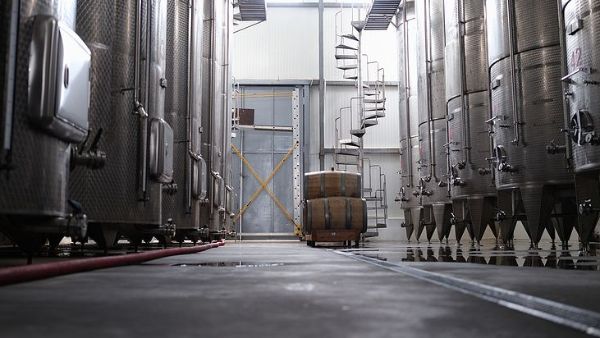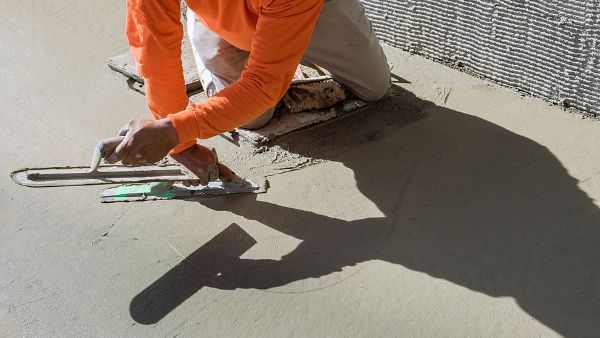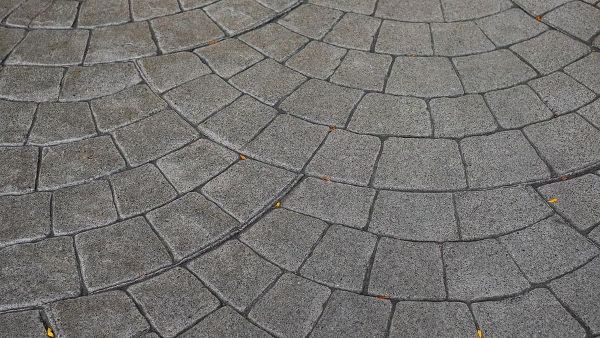Cement Versus Concrete: What's the Difference?
Difference Between Cement and Concrete
Many people use the terms "cement" and "concrete" interchangeably. The confusion is understandable because the two are related, but they are not the same. Most of what people refer to as cement is actually concrete.
It may all seem bewildering, but don't worry. There is a clear explanation of the difference between cement and concrete, and as general contractors who specialize in concrete, we are prepared to give it to you.
What Is Cement?
Cement is made from a mixture of materials that are rich in silica, such as clay and limestone, mixed together with aluminum, calcium, or iron. When the mixture is heated, it turns into a rock-like substance. This is then ground down into a powder that is very fine, and the powder is known as cement.
While the word "cement" has been used for centuries, modern cement only dates back to the 19th century. It was the invention of an English bricklayer who created it while working in his kitchen so he could heat the ingredients to the required level.
When cement is mixed with water, it becomes a binding agent that has many possible uses. Cement is an ingredient used to make concrete, which is why many people confuse the two. By itself, however, concrete is not very reliable as a building material because of a tendency to crack.
What Is Concrete?
Concrete is a building material used all over the world for roads, driveways, foundations, flooring, and many other applications. Once it dries, it is one of the most durable materials in the world and can last for centuries, which accounts for its popularity. Concrete is a mixture of several different ingredients. Cement is one of the components of concrete, but it is not the most prominent ingredient.
The most prominent ingredient in concrete is the aggregate. This can be a material such as gravel, sand, or stone. About 75% of the concrete consists of aggregate, and it is this that allows it to dry to a rock-hard consistency. The cement is a binding agent that holds the particles together. The water activates the cement so that it forms a paste and can bind the aggregate. All of these ingredients have to be present in the correct proportions for the concrete to be solid and durable when it dries. Less water makes the concrete stronger, but with too little water, it cannot be poured, shaped, or formed.
When Would You Use Cement Versus Concrete?
The general rule is that cement is used for smaller projects. For example, if you have a concrete structure that is cracked, concrete may be used to fix it. If you have a masonry wall and you want it to have a smooth texture, you can mix cement with plaster and apply it to the wall. If you would like to install some tile on the floor or the walls, cement works well as grout.
Concrete is usually recommended for larger jobs, such as walkways, patios, and porches. Because it is stronger than cement, concrete is preferred for any surface that has to bear weight. In recent years, concrete has been used inside the home in more creative ways. For example, it has been common for decades to use concrete on the floors of garages and basements, but more often it is used for flooring inside the home. It can also be used to make things like indoor countertops because of its durability and versatility.
How Is Concrete Made?
When we plan a project, we have to take five qualities of concrete into consideration:
- Appearance
- Density
- Durability
- Strength
- Workability
When aesthetics are important to the project, appearance becomes more of a consideration. Durability is a measure of how long the concrete will last. Since you are probably relying on your concrete to last a lifetime, it is one of the most important considerations. Strength is how much pressure the concrete will be able to withstand once dry and is particularly important for structural concrete. Density is a measure of how thick the concrete is, which influences both durability and strength. Workability is an important quality that allows placement of the concrete with a minimum of effort, which is important to your bottom line.
RTS Construction is a general contractor that places special emphasis on concrete. For more information about getting your project started, contact us at 707-318-4430.





